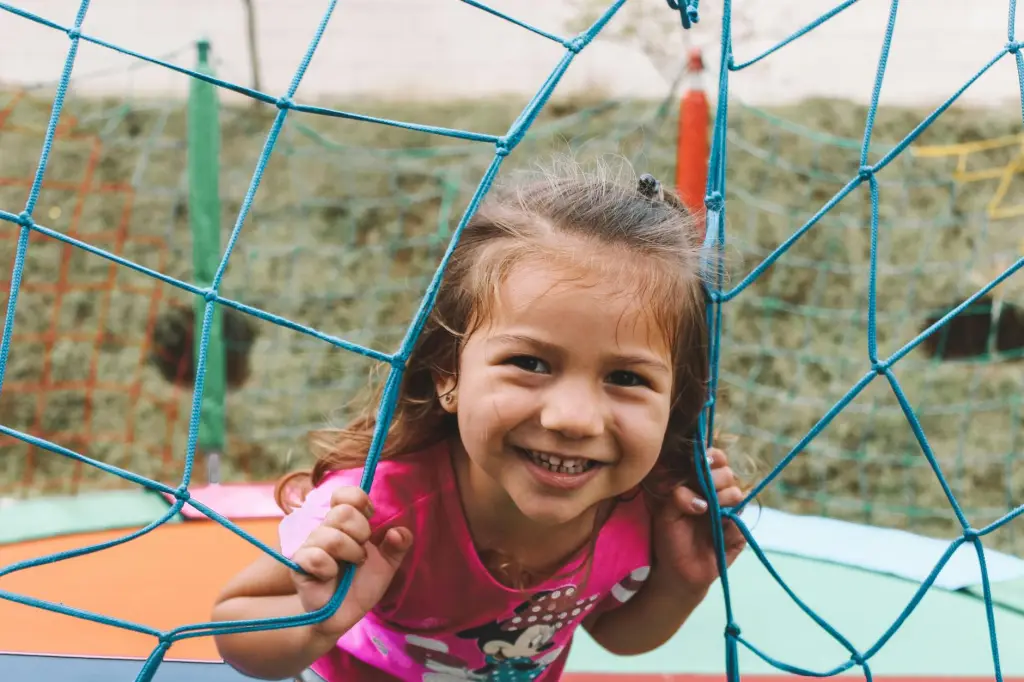Autism is ‘a lifelong developmental disability which affects how people communicate and interact with the world ‘ (The National Autistic Society). Every child is unique and therefore every autistic child will have their own, individual strengths and challenges. Both girls and boys can be autistic.
Early identification and support for autistic children is really important. In terms of identification, autistic children may have:
- Difficulties with Social communication/interaction – This may include finding eye-contact uncomfortable, taking things literally, finding group conversations tricky, always being honest (a huge strength, but it can be misinterpreted for being rude) etc. Importantly, any support we give autistic children with social skills and social interaction must be neuro-affirming. That is to say, we must not try to make a child ‘more neurotypical‘. (read what neurotypical means here).
- Sensory Processing Differences – Autistic children may be over/under-sensitive to light, sound and /or touch, for example.
- Anxiety – Over one third of autistic people have serious mental health difficulties (National Autistic Society)
- Meltdowns/Shutdowns – If an autistic child becomes overwhelmed they may have a meltdown or a shutdown. A meltdown can often be mistaken for a tantrum, meltdowns are not tantrums as the child has no control over it. Meltdowns can be verbal and /or physical. Shutdowns are also a result of being overwhelmed and equally as hard for the autistic child as a meltdown. An autistic child having a shutdown may appear very quiet, very still and may temporarily lose their ability to communicate.
- Repetitive/restrictive behaviours – Repetitive behaviours (also known as ‘stimming’ or self-stimulating behaviour) can include hand flapping, jumping, rocking etc. They may help an autistic child if they are feeling stressed, it might be enjoyable for them or it may be that an autistic child stims to reduce/increase sensory input.
- Special interests – Many autistic children have special interests. These could be anything for example animals, space, dinosaurs or a certain TV programme. An autistic child may have a special interest for a long time, or their special interest can change over time. For lots of autistic children, their special interests provide comfort, enjoyment and relaxation and are as such, very important.

If you think that your child may be autistic, speak to your school’s Special Educational Needs and Disabilities Coordinator (SENDCo) and /or your GP. They can provide advice and may refer your child for an assessment to see if they are autistic.
Other Relevant Blog Posts to read:

Latest Blog Posts
Exclusive Free Extract of ‘SEND Strategies for the Primary Years’ by Georgina Durrant
If you’re contemplating pre-ordering my latest book ‘SEND Strategies for the Primary Years’ (out in a few weeks, published by Bloomsbury), or you’re just keen to find out what I’ve been doing for the last year and a half…then you can now read an exclusive extract of the book here (please let me know what…
What does Neurodiversity, Neurodiverse, Neurodivergent and Neurotypical mean? – The importance of correct terminology.
Over the last few years, thanks to more conversations and awareness of inclusion and diversity, you may have noticed the word ‘Neurodiversity’, ‘Neurodiverse’, ‘Neurodivergent’ and ‘Neurotypical’ being used a lot more. This is great! But as often happens with new terminiology, sometimes it can be incorrectly used (even with the best intentions!). So if you’re…
Gaps in Sex Education for Children with SEND. What’s the answer? (Post by Learn & Thrive)
This blog has been written by the team at Learn & Thrive – a charity that helps learners with Down’s syndrome access specialist support. Find out more about Learn & Thrive on their website here. When is the right time to have the ‘talk’ with our learners with SEND? Well, the simple answer is, it’s…






Leave a comment